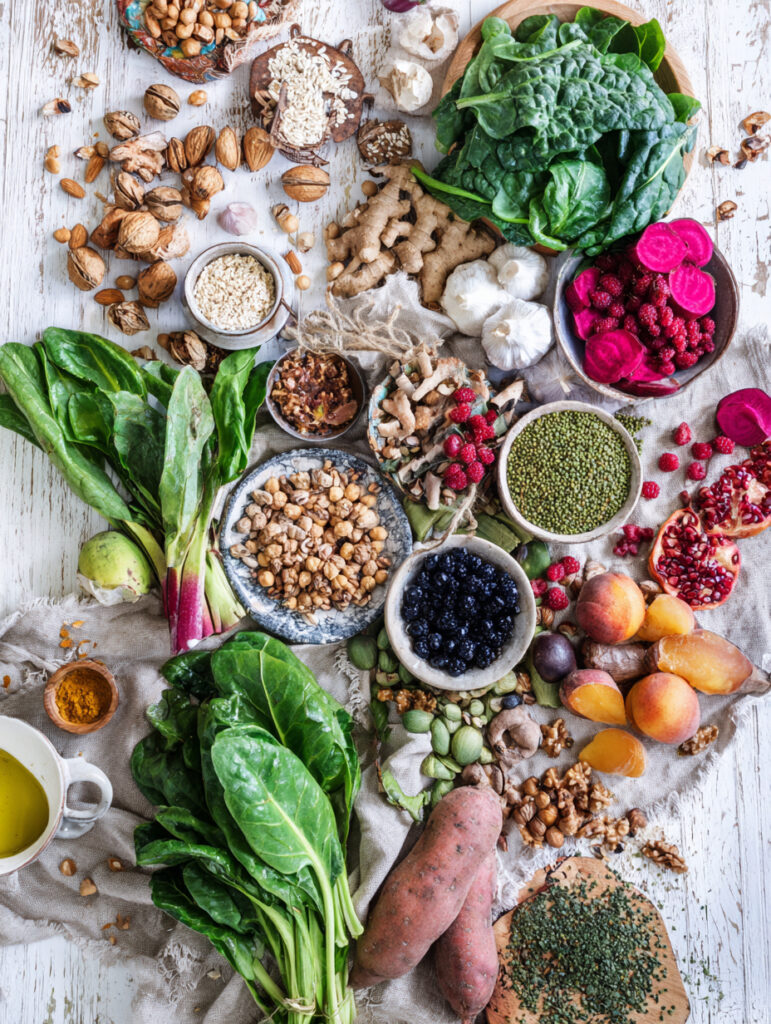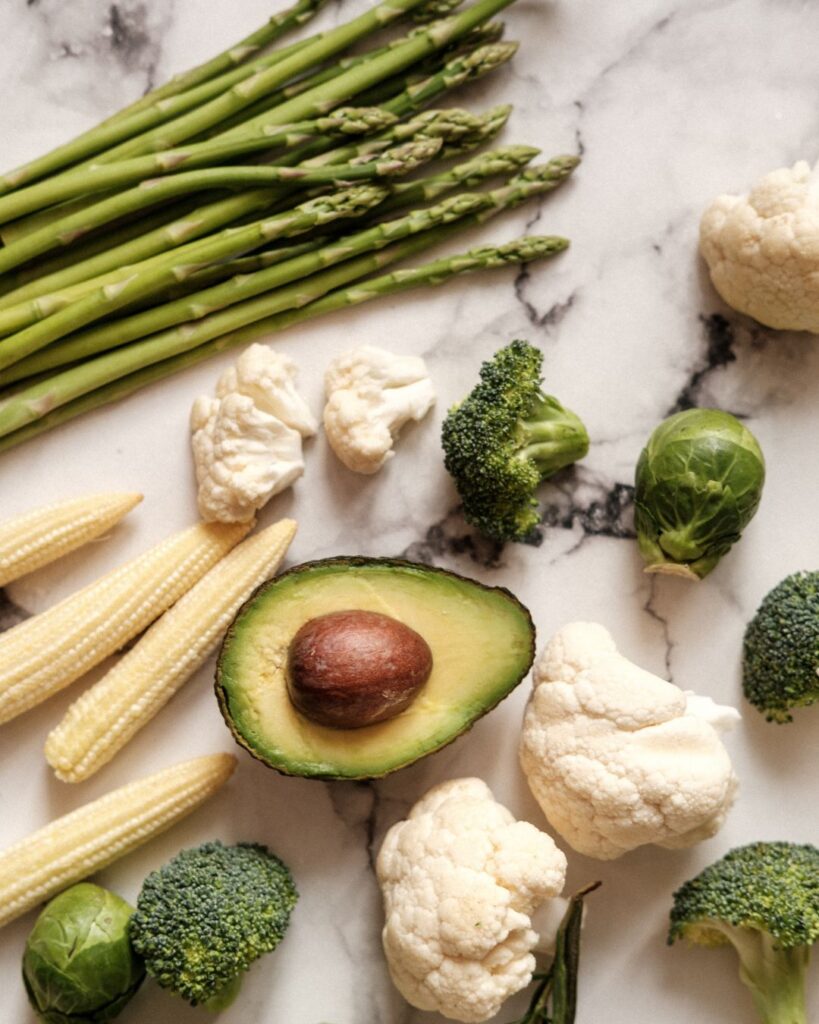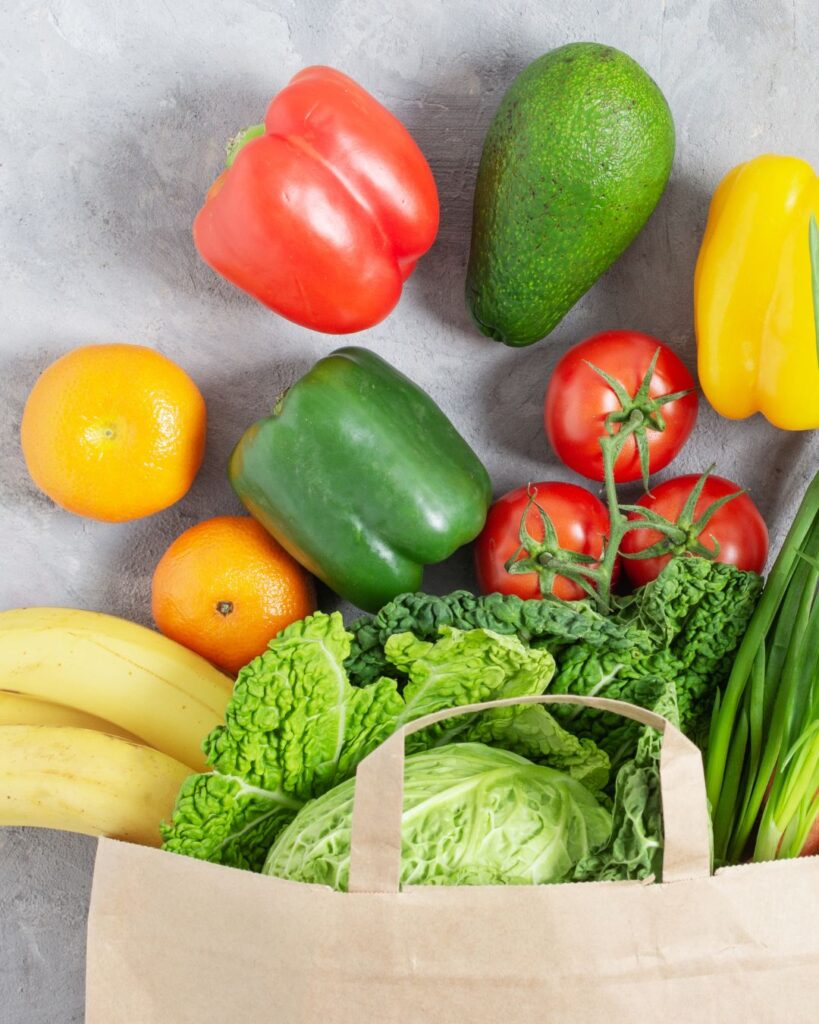In a world filled with fad diets and confusing advice, plant-based nutrition stands out as one of the most studied and effective ways to support lifelong health.
It’s not just about avoiding animal products. A true plant-based lifestyle focuses on whole, unprocessed foods—fruits, vegetables, legumes, whole grains, seeds, and nuts—that fuel your body with fiber, antioxidants, and powerful nutrients.
More and more research shows that plant-based diets can help reduce the risk of chronic disease, increase longevity, support a healthy weight, and improve energy levels.
And you don’t have to be 100% vegan to benefit. Even shifting toward more whole plant foods can make a major difference.
The World’s Healthiest and Longest-Lived People Eat Mostly Plants
If you’re wondering whether this way of eating is sustainable, just look at the people living in the world’s Blue Zones—regions with the highest concentration of centenarians.
From Okinawa (Japan) to Nicoya (Costa Rica) and Sardinia (Italy), these communities thrive on mostly plant-based diets that are rich in beans, greens, sweet potatoes, fruits, and grains.
They don’t count calories. They don’t chase protein.
They simply eat real food—grown close to home, with minimal processing—and stay active and connected to their communities.

What About Nutrients Like Iron, Calcium, and Magnesium?
A common concern with plant-based nutrition is whether it provides enough of the key minerals we need—especially magnesium, iron, and calcium.
The truth? You can meet your needs with a plant-based diet, but you have to be intentional.
Here are a few things to keep in mind:
- Magnesium is found abundantly in greens, legumes, seeds (like pumpkin and sunflower), and even bananas and avocados. It supports energy, sleep, and nervous system regulation.
- Iron from plant foods is non-heme, so it’s absorbed best with vitamin C-rich foods like citrus, strawberries, and tomatoes. Lentils, tofu, and leafy greens are great sources.
- Calcium isn’t just in dairy. It’s in sesame seeds (especially tahini), almonds, tofu, and leafy greens like kale and bok choy. Some plant milks are also fortified.
- Sodium is often seen as something to avoid—but a small amount of mineral-rich salt (like sea salt or pink salt) may actually be necessary, especially on a low-processed diet where packaged foods aren’t supplying it.
You don’t need to obsess. But being aware of what your body needs—and where to get it—is part of being empowered and well-nourished.
Remember to Test and Supplement What Matters
There are two nutrients that don’t come from plants—and that’s okay:
- Vitamin B12
- Vitamin D
A fully plant-based diet doesn’t provide B12, and that’s why it’s important to supplement. But here’s something most people don’t realize:
Even meat-eaters are at risk for B12 deficiency. Absorption declines with age, and low stomach acid or medications can interfere, no matter your diet.
The same goes for vitamin D—it’s created in the skin through sun exposure, and deficiencies are common worldwide, especially in cooler climates or for people who spend most of their time indoors.
That’s why it’s smart to:
- Test your levels of vitamin B12 and D at least once a year.
- Supplement when needed—it’s simple, affordable, and helps you thrive.

Plant-Based Nutrition Is Still One of the Most Protective Lifestyles
Despite missing a direct food source of vitamin B12 and D, a well-designed plant-based lifestyle is incredibly protective.
Why?
Because it’s:
- High in fiber
- Low in saturated fat
- Anti-inflammatory
- Rich in antioxidants
- Gentle on the digestive system
- Supportive of gut health and microbiome diversity
It’s not about being perfect. It’s about making choices that give your body more of what it loves—and fewer things that burden it over time.
Simple Daily Tips for Better Plant-Based Nutrition
- Eat a variety of whole, colorful plant foods each day
- Include legumes, greens, and whole grains for minerals and protein
- Sprinkle seeds or tahini over meals for calcium and healthy fats
- Add a vitamin C-rich food with iron-rich meals
- Use a small amount of mineral-rich salt if your diet is very clean
- Supplement B12 and D regularly after testing

Final Thoughts: You Deserve to Feel Nourished and Vibrant
You don’t need to follow strict rules.
You don’t need to stress or strive for perfection.
By choosing more whole plant foods—and supporting your body with a few smart supplements—you can experience real energy, lightness, and health from the inside out.
That’s the true power of plant-based nutrition.
💡 Want a Simple Way to Start?
Get my 3-Day Butterfly Fat Burn Meal Plan — packed with high-fiber, low-fat meals that support weight release, stable energy, and deep nourishment.
✨ Free 3-Day Butterfly Fat Burn Meal Plan
Or go deeper with the full meal plan here:
🛒 30-Day Plant-Based Fat Burn Meal Plan


Leave a Reply